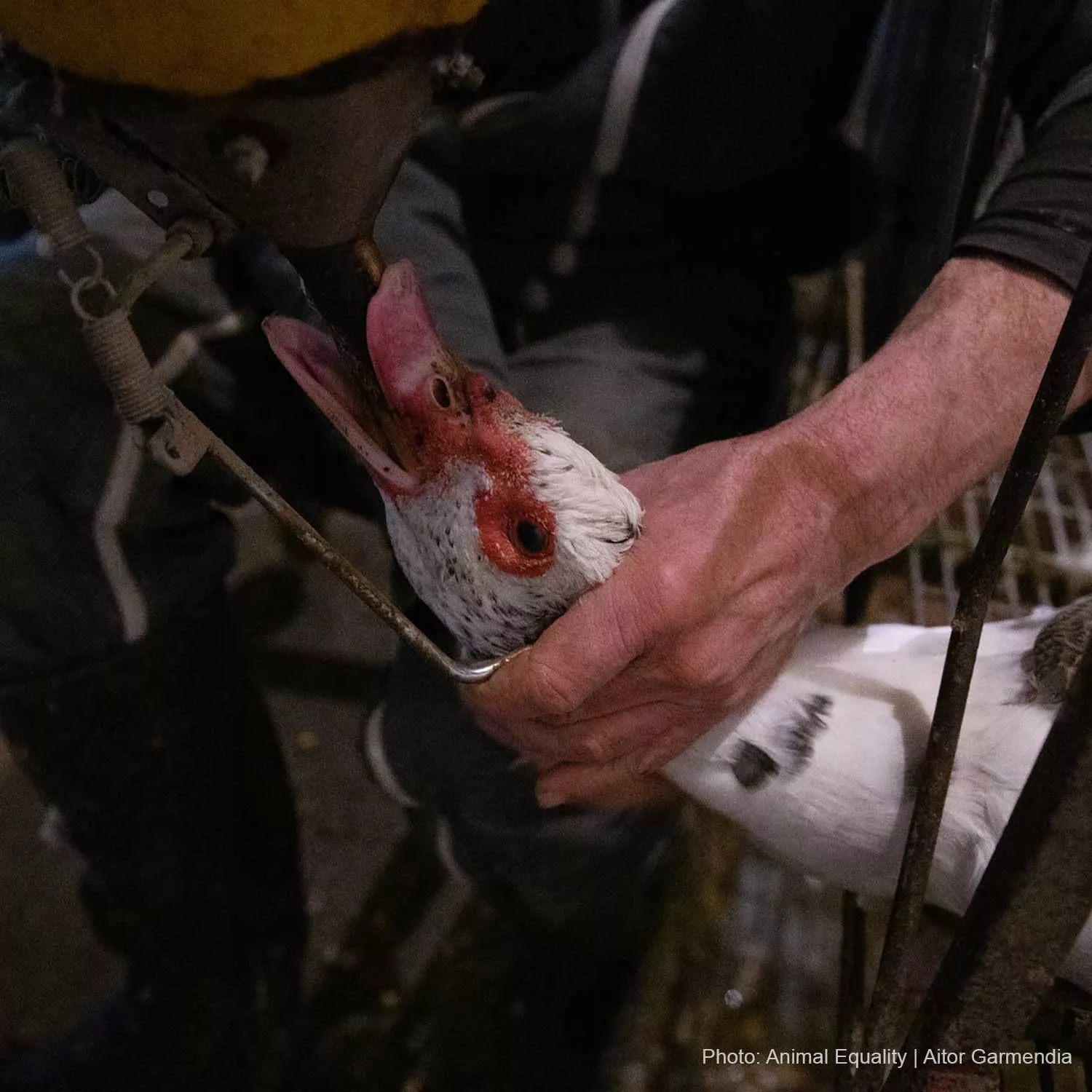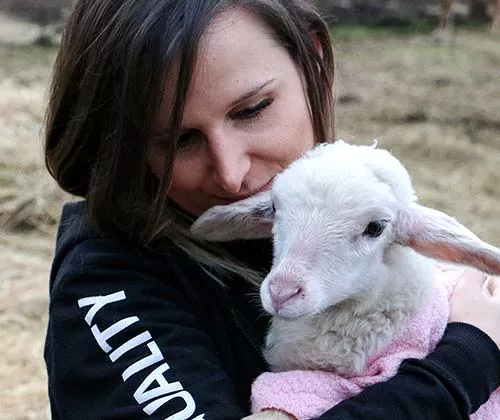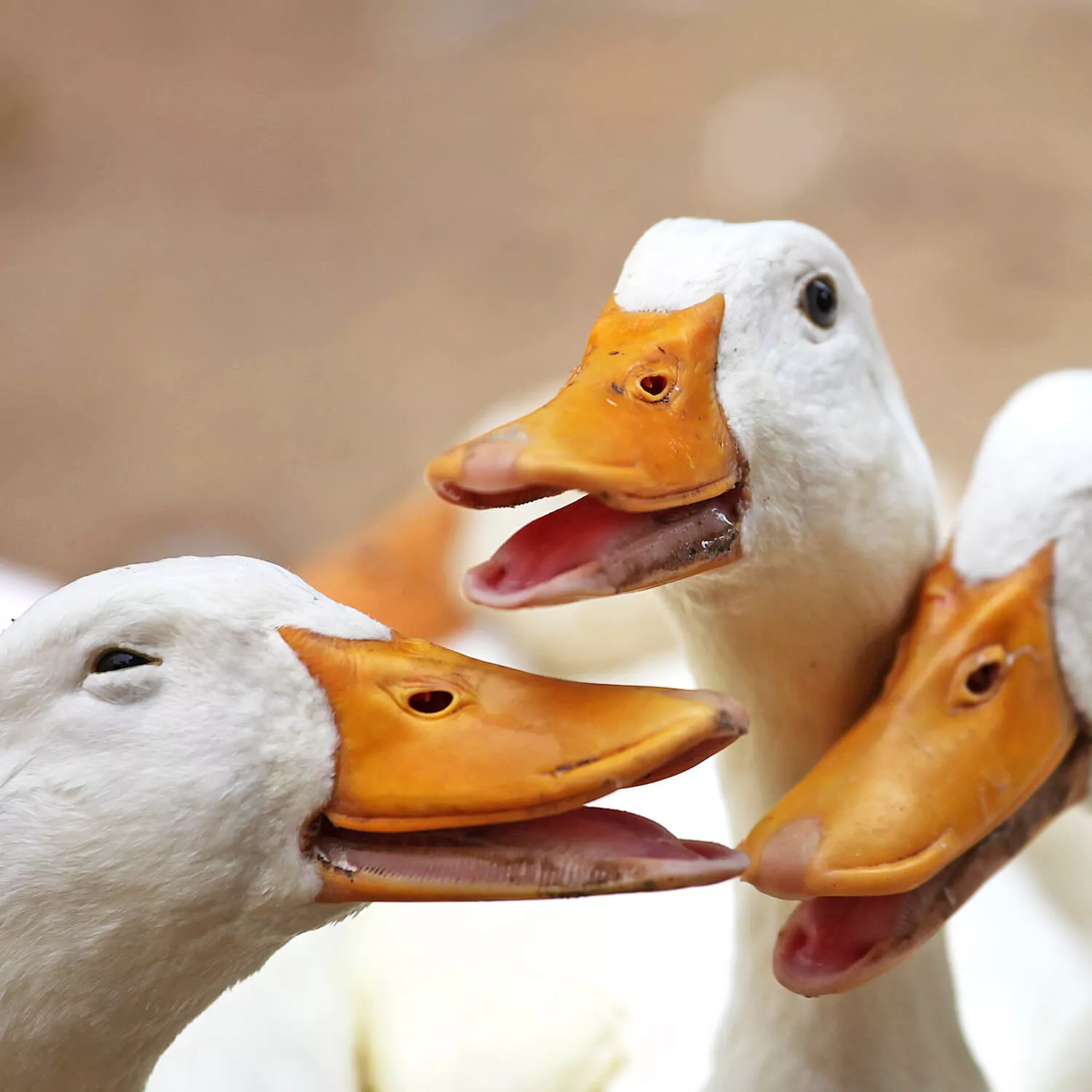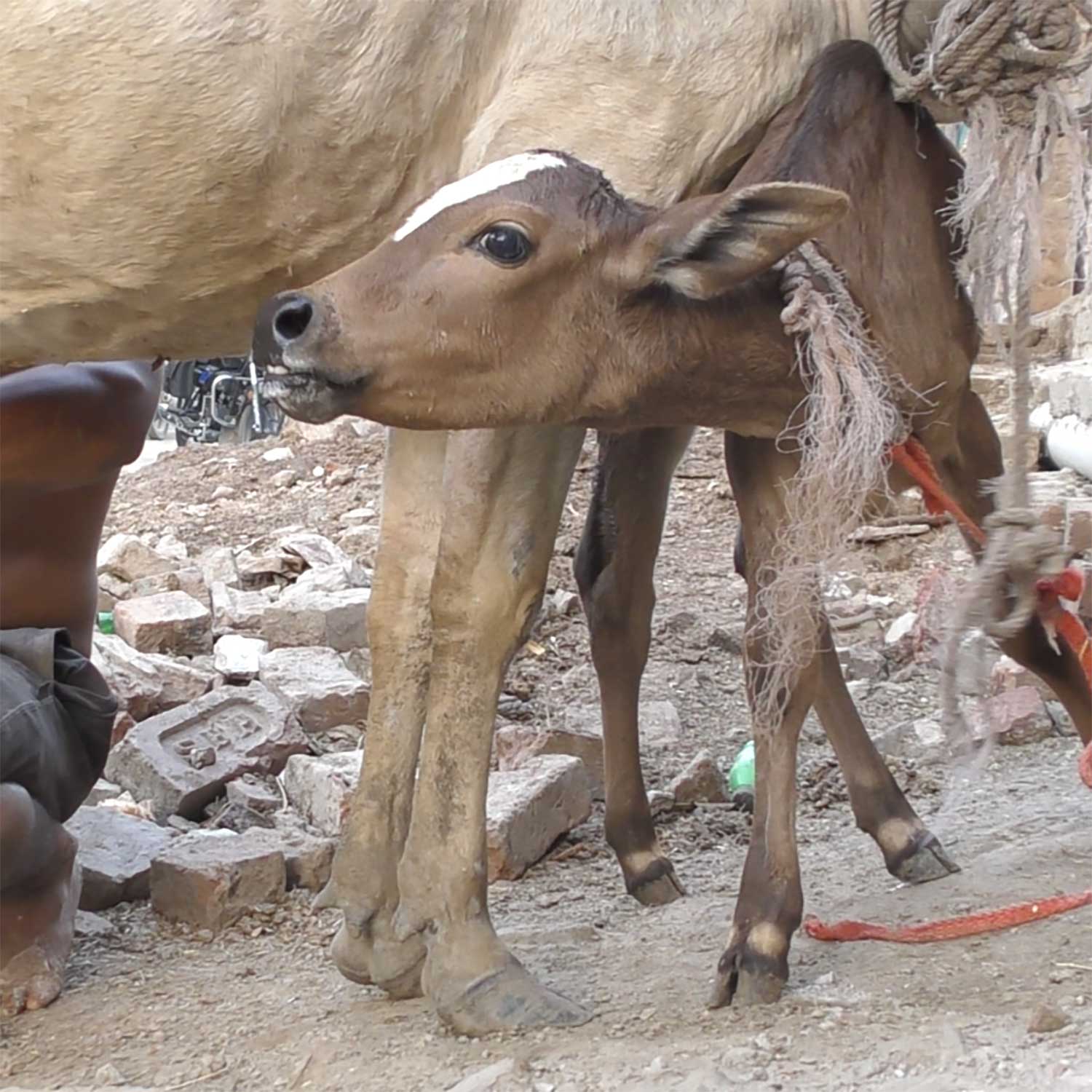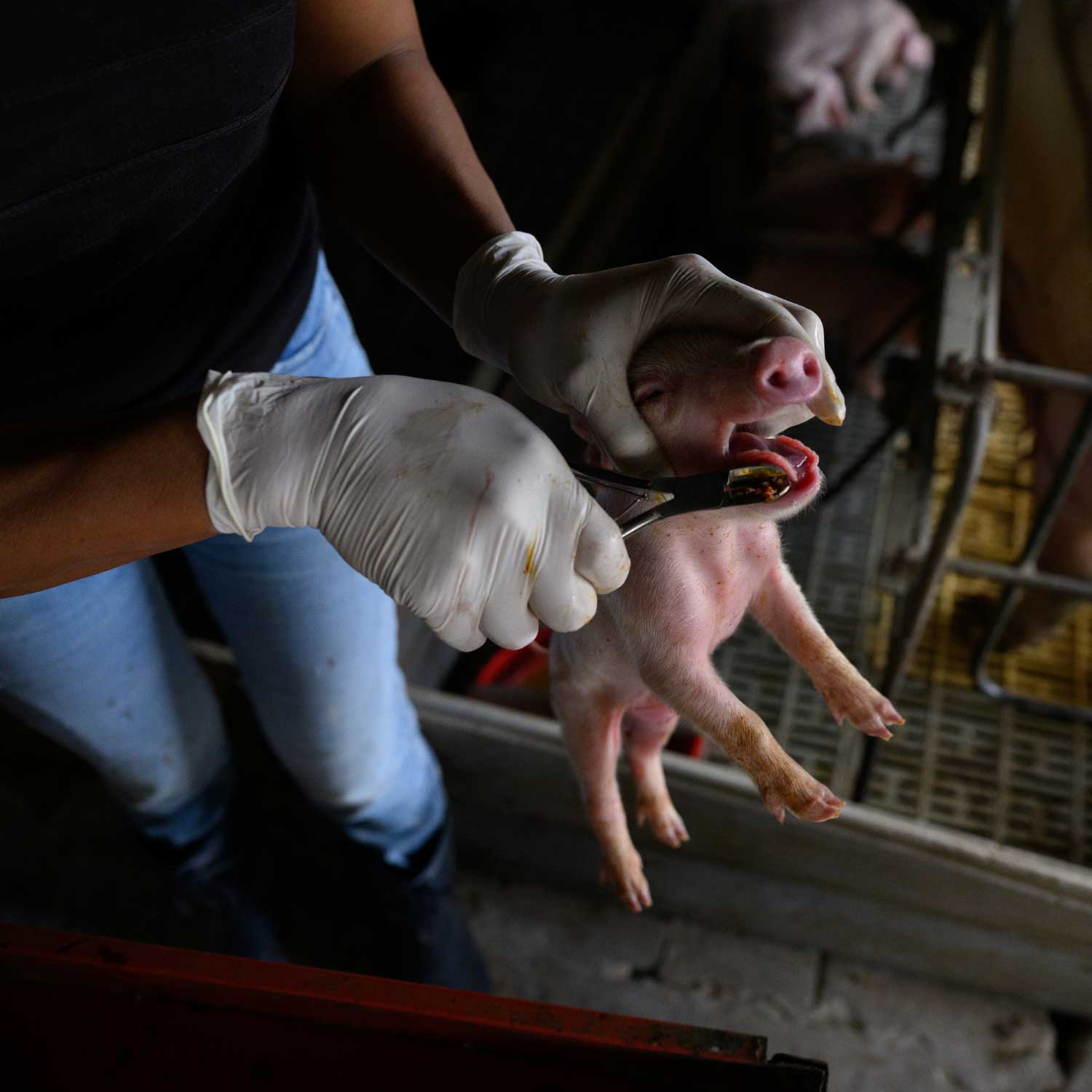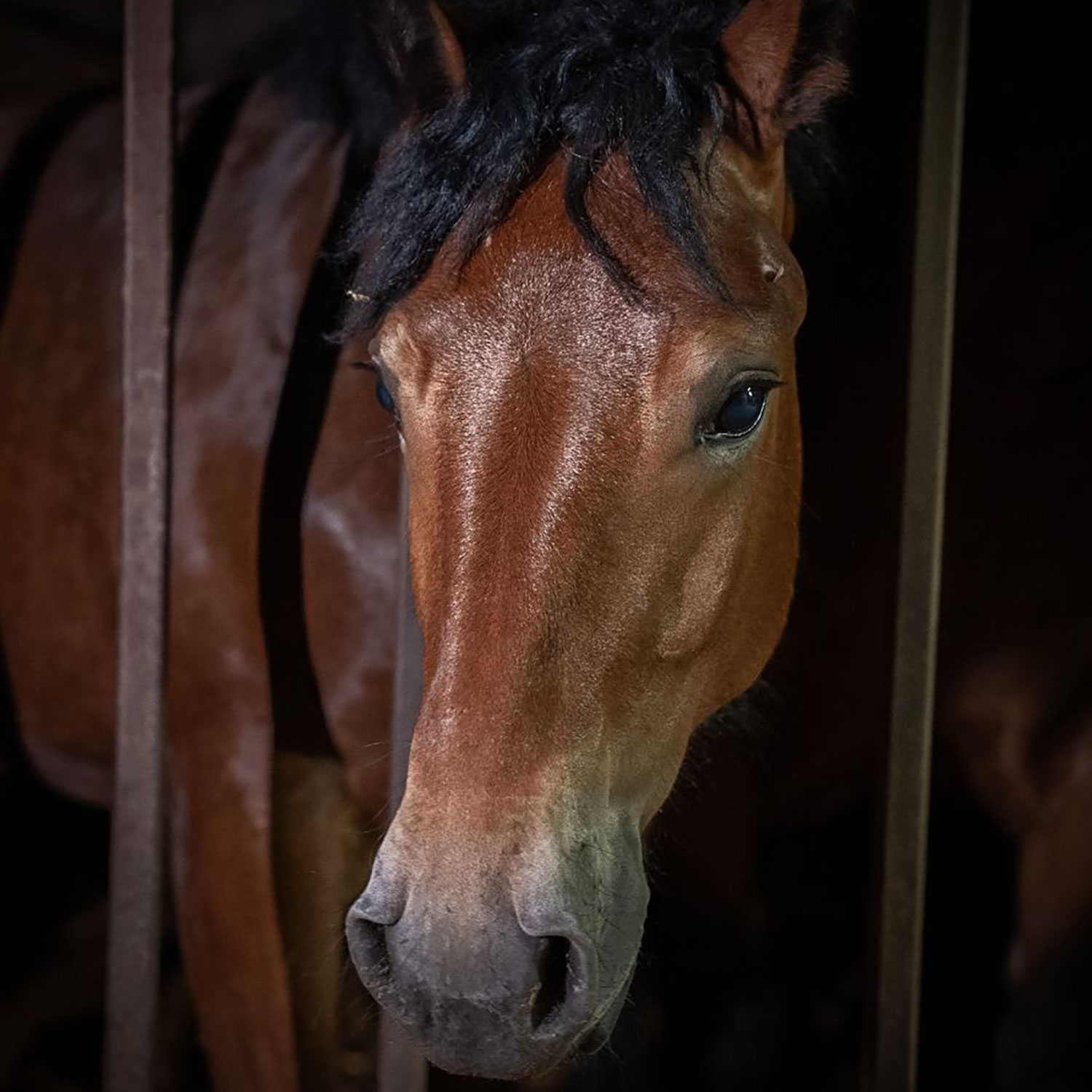Newly released images expose force‑feeding on French foie gras farms
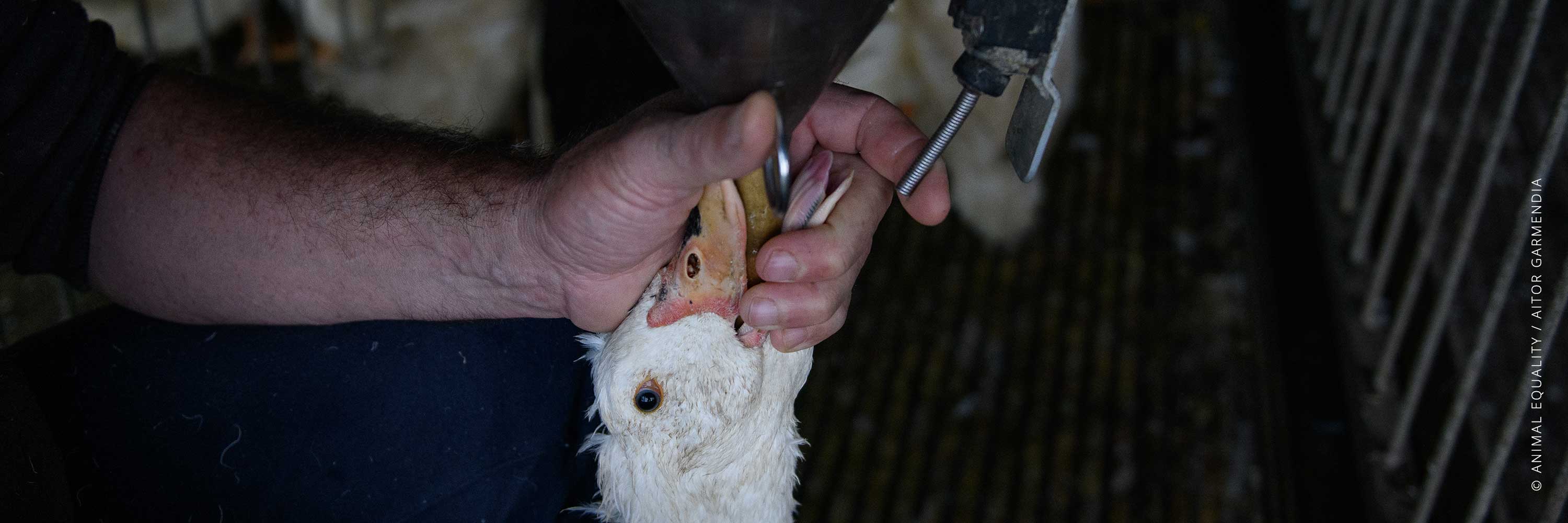
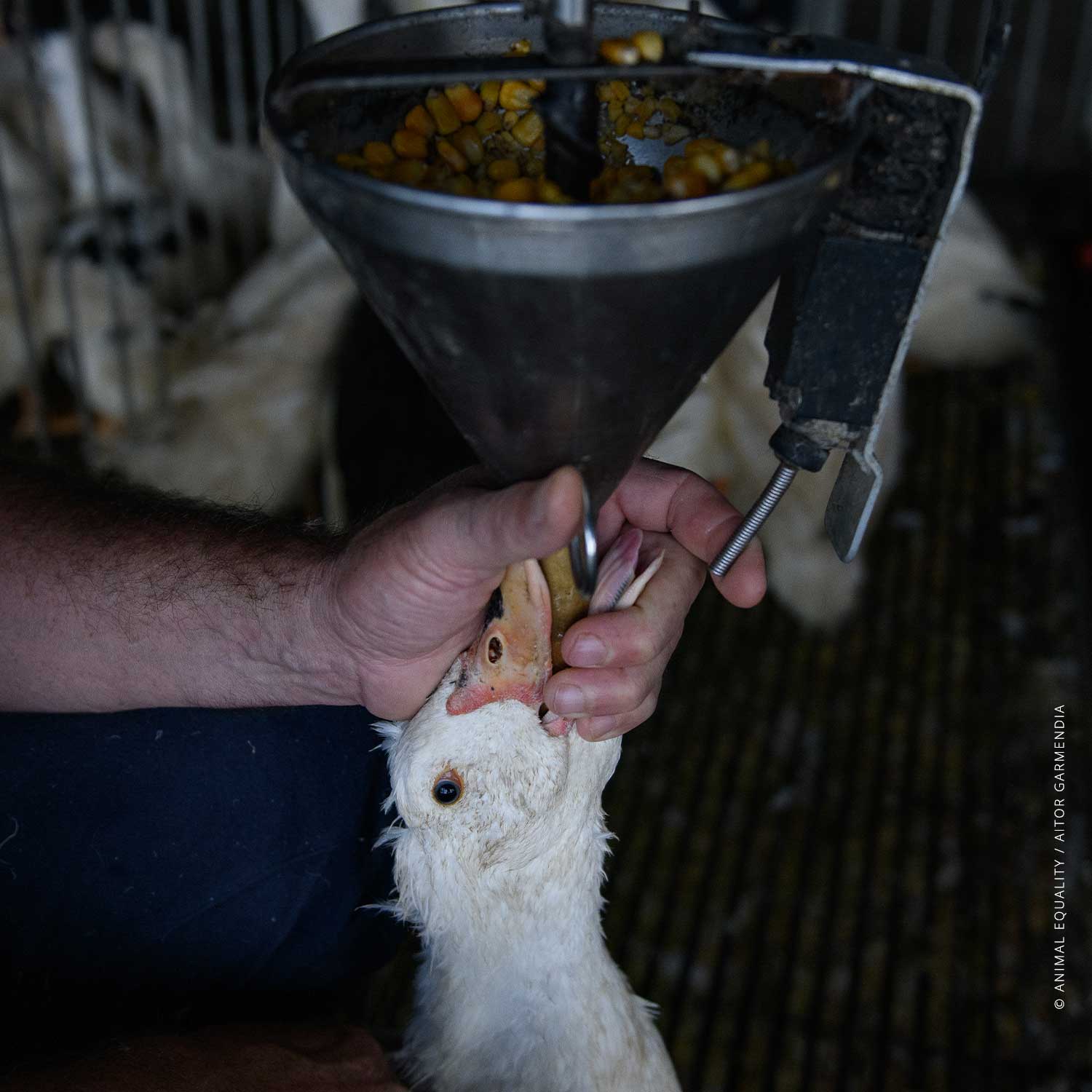
Animal Equality has released never-before-seen images from duck farms in France, exposing how force-feeding is used to produce foie gras.
This newly-released evidence shows:
- Ducks killed while conscious with workers cutting their throats.
- Ducks forced to live in overly-crowded cages.
- Animals continuously panting in an obvious state of stress and fear.
- Ducks backing into the corners of their cages as they wait for their turns to be force-fed.
- Workers shoving 10- to 12-inch metal tubes down their throats up to three times per day.
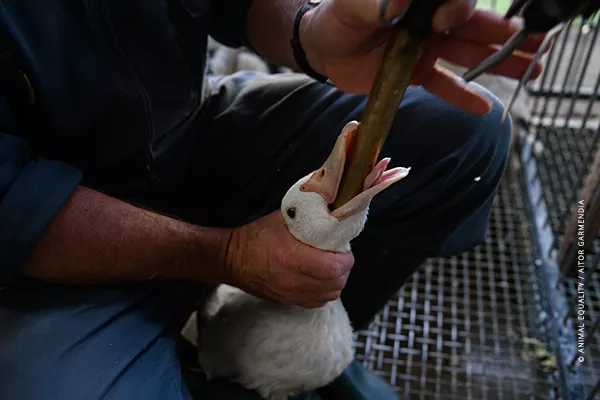
While force-feeding has been banned in several European countries, it is still legal in France, the largest foie gras producer in Europe. It has also been banned in California but remains legal in 49 U.S. states.
What is foie gras?
Foie gras, French for “fatty liver,” is produced by force-feeding ducks and geese until their livers swell up to ten times their original size.
This force-feeding occurs during the last 15 days of the animals’ lives. Workers force long, metal tubes down their throats and administer 200 to 400 grams of calorie-dense food. This food–”gavage” in French–causes animals to gain weight within a few days rapidly.
The goal of this force-feeding process is to induce “hepatic steatosis,” or non-alcoholic fatty liver disease. This disease implies an excessive accumulation of fat within the liver cells.
During the force-feeding process, animals also suffer from injuries and multiple organ failures. Diseased animals are forced to live among their own feces.
After the “fattening stage,” ducks and geese are sent to slaughter. Workers extract the animals’ livers, which are ground into a pâté or mousse and served as a French “luxury” dish.
Force-feeding in the United States
Foie gras production has been banned in the United Kingdom, Turkey, Argentina, Australia, Israel, and several European nations. After viewing Animal Equality’s footage of foie gras production in 2014, India banned its import.
The production and sale of foie gras have also been banned in California, but it is still legal in 49 states. New York City passed a ban on the sale of foie gras in 2019. However, legal disputes from the foie gras industry have prevented its enforcement.
Animal Equality has joined local animal protectors in supporting foie gras sales bans in Portland, Oregon, and Vancouver, Washington. During public hearings before City Councils, residents expressed their concerns about current animal welfare laws.
Because of these efforts, the Vancouver City Council has since passed a resolution condemning the production and sale of foie gras within city limits. Meanwhile, thousands nationwide have signed our petition for a U.S. ban.
What you can do
Ducks and geese aren’t the only animals who suffer in the factory farming industry. Animal Equality’s global investigations have uncovered the abuse of pigs, cows, chickens, and other farmed animals.
By replacing animal products with plant-based foods, you can protect all animals from abuse. Both innovative products and traditional plant proteins can be found in most U.S. supermarkets, leaving compassionate eaters with diverse options.
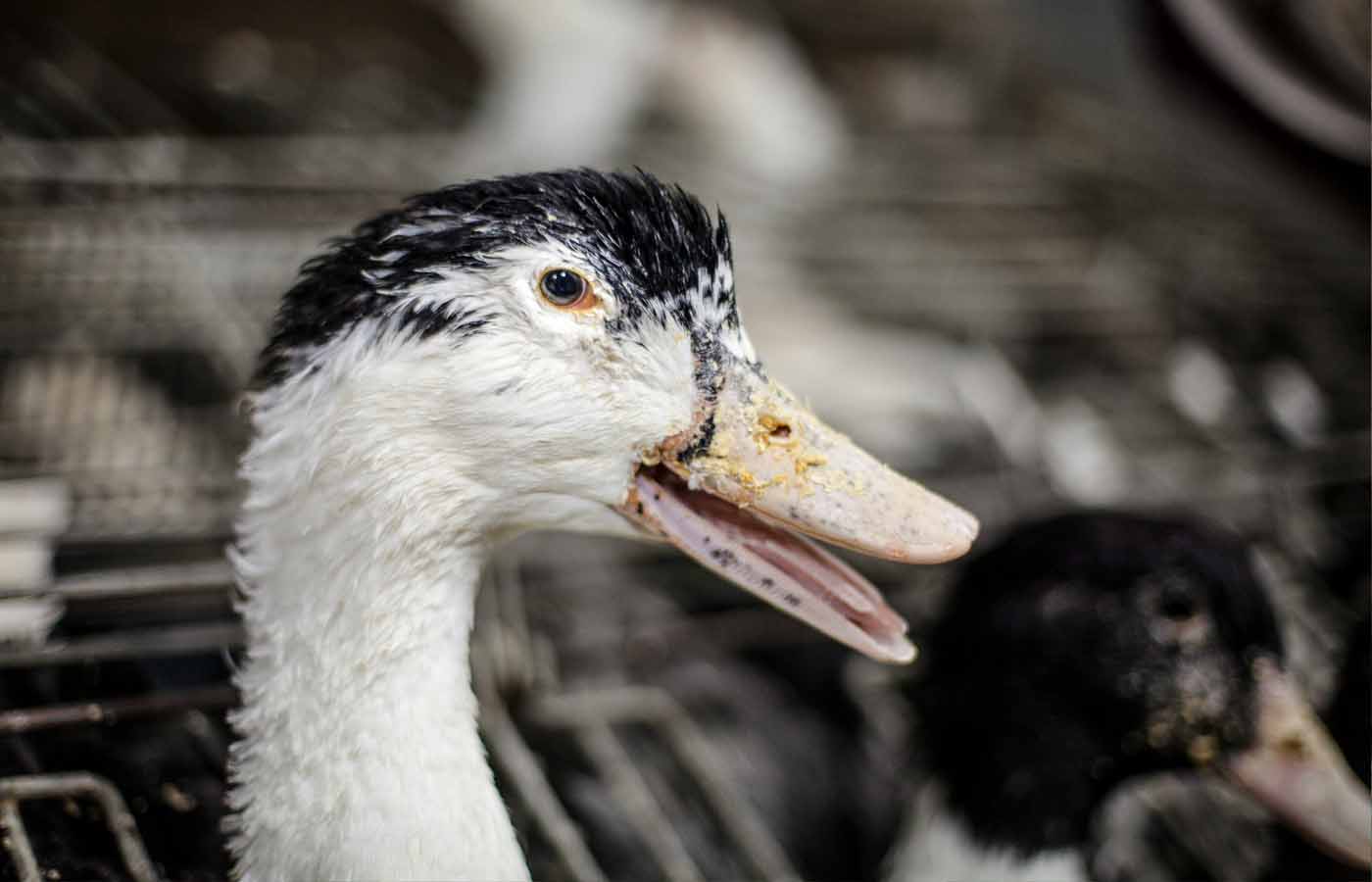
PROTECT DUCKS
Even before hatching from their eggs, ducklings communicate with their close‑knit families.
Protect these families by eating plant‑based and ditching animal products.

